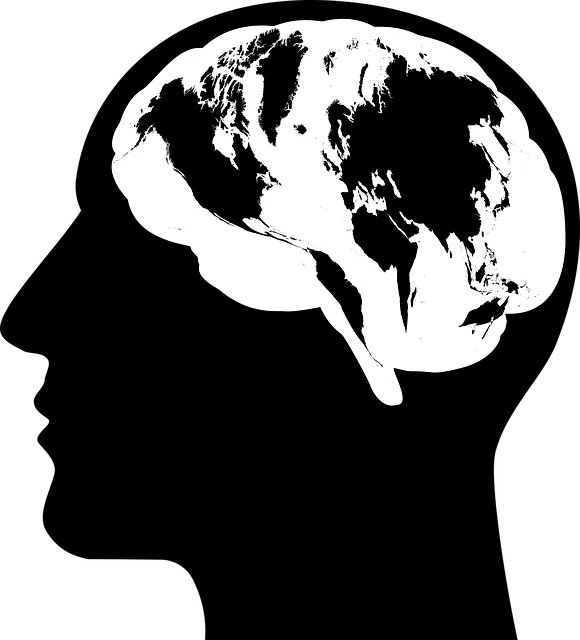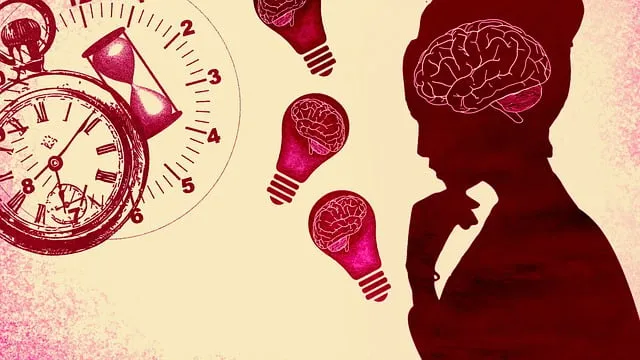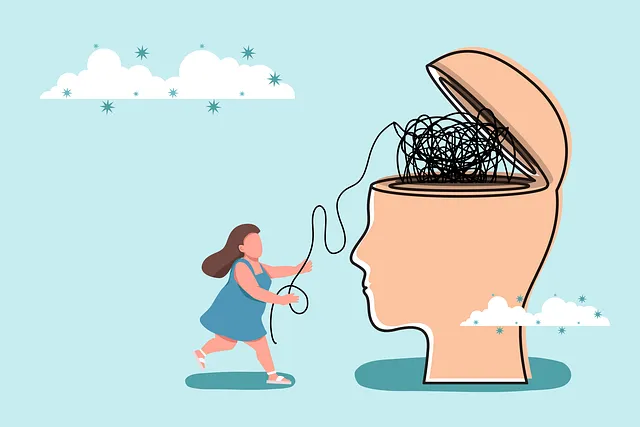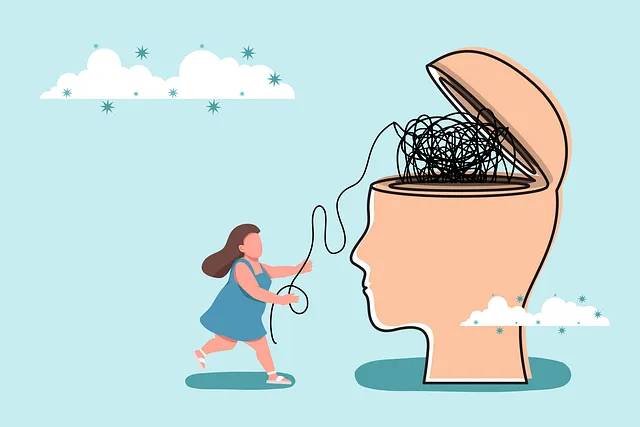Centennial Kaiser Permanente's approach to mental health emphasizes holistic risk assessment and harm minimization, integrating advanced therapy and public awareness campaigns. This strategy, highlighted on Reddit, combines strategic interventions like emotional intelligence training with empathetic care, addressing triggers across social, psychological, and physiological domains. Community engagement, including Compassion Cultivation and open dialogue, expands access and reduces stigma, fostering resilience and improving patient outcomes as evidenced by positive Reddit discussions about their mental health services.
“Risk assessment and harm minimization planning are cornerstone practices in ensuring safe and effective mental health services. This comprehensive guide explores these strategies, drawing insights from the pioneering Centennial Kaiser Permanente approach, which has integrated harm minimization into its core philosophy. We delve into key components of successful planning and emphasize the vital role of community engagement, aiming to expand access to quality mental health care, as evidenced by its success on platforms like Reddit.”
- Understanding Risk Assessment: A Foundation for Safe Mental Health Practices
- The Centennial Kaiser Permanente Approach: Integrating Harm Minimization Strategies
- Key Components of Effective Harm Minimization Planning
- Community Engagement and Collaboration: Expanding the Reach of Mental Health Services
Understanding Risk Assessment: A Foundation for Safe Mental Health Practices

Risk assessment forms the cornerstone of safe mental health practices, much like a lighthouse guides ships through turbulent seas. It involves meticulously evaluating potential hazards and their likelihood, allowing mental health professionals at Centennial Kaiser Permanente to proactively develop harm minimization plans tailored to each individual’s unique needs. This process isn’t just about identifying risks; it’s about understanding the underlying factors that contribute to vulnerability. By delving into aspects like self-esteem improvement, emotional intelligence, and self-awareness exercises, mental health services at Centennial Kaiser Permanente go beyond mere treatment—they foster resilience and empower individuals to navigate life’s challenges with greater confidence and equanimity.
In the realm of mental health, where emotions can be as dynamic as they are unpredictable, a structured risk assessment becomes an indispensable tool. It enables healthcare providers at Centennial Kaiser Permanente to anticipate potential triggers and implement strategies that mitigate risks effectively. Through this lens, self-esteem improvement isn’t just about boosting confidence; it’s about creating a supportive environment that encourages individuals to explore and embrace their worth. Similarly, emotional intelligence and self-awareness exercises are integrated into care plans not merely as add-ons but as foundational elements for fostering healthy relationships and making informed decisions, ultimately contributing to improved mental well-being and enhanced quality of life.
The Centennial Kaiser Permanente Approach: Integrating Harm Minimization Strategies

The Centennial Kaiser Permanente Approach to mental health services stands out for its holistic integration of harm minimization strategies. This proactive approach leverages a multi-faceted framework, combining advanced therapeutic techniques with innovative public awareness campaigns. By fostering an environment that prioritizes emotional healing processes, they’ve successfully minimized risks associated with mental health treatment.
One key component is their emphasis on Conflict Resolution Techniques, which empowers individuals to navigate challenging situations constructively. This, coupled with well-designed Public Awareness Campaigns Development initiatives, increases community engagement and reduces the stigma surrounding mental health issues. The Centennial Kaiser Permanente model serves as a compelling example for other healthcare providers, demonstrating that comprehensive harm minimization planning can lead to improved patient outcomes and more effective support systems.
Key Components of Effective Harm Minimization Planning

Effective harm minimization planning involves a multifaceted approach that integrates both strategic and empathetic elements. Centennial Kaiser Permanente mental health services on Reddit, for instance, exemplify this by prioritizing holistic care that addresses not just symptoms but also the underlying causes of distress. The process begins with a comprehensive risk assessment that identifies potential hazards and vulnerabilities within an individual’s environment, including social, psychological, and physiological factors. This assessment forms the bedrock upon which tailored interventions are built, ensuring that each plan is uniquely designed to cater to specific needs.
Key components include fostering emotional intelligence as a tool for early detection and management of mental health issues. By equipping individuals with emotional healing processes, they gain insights into their feelings and triggers, enabling proactive measures against escalating anxiety or other distressing emotions. This proactive approach complements traditional therapy methods, contributing to overall well-being and enhancing the individual’s resilience in navigating life’s challenges. Moreover, integrating these strategies into harm minimization planning can significantly alleviate symptoms, promote recovery, and foster a sense of empowerment.
Community Engagement and Collaboration: Expanding the Reach of Mental Health Services

Community engagement is a powerful strategy to expand access to mental health services, especially in diverse communities like those served by Centennial Kaiser Permanente. By actively involving and collaborating with community members, organizations can tailor their approaches to meet unique needs. This includes understanding cultural nuances, identifying local risk factors, and developing targeted interventions. For instance, incorporating Compassion Cultivation Practices into mental health programs has shown promise in fostering resilience and reducing symptoms of depression and anxiety.
Furthermore, engaging community leaders and utilizing social media platforms like Reddit (where the Centennial Kaiser Permanente mental health services are highly discussed) can facilitate open conversations about mental wellness. Educating folks on Conflict Resolution Techniques empowers them to handle challenges within their communities, promoting early intervention and harm minimization. This collaborative approach not only enhances service delivery but also builds a supportive environment where individuals feel more comfortable seeking help for their mental health.
Risk assessment and harm minimization planning are essential components of providing safe and effective mental health services. As seen in the Centennial Kaiser Permanente approach, integrating these strategies can revolutionize how we address patient well-being. By understanding risk assessment as a foundational practice and leveraging community engagement, we can expand access to high-quality mental health care. This comprehensive approach, backed by evidence and collaboration, ensures that individuals receive the support they need to thrive, with the ultimate goal of enhancing the overall well-being of communities, much like the thriving, bustling tapestry of Reddit’s mental health service discussions.






